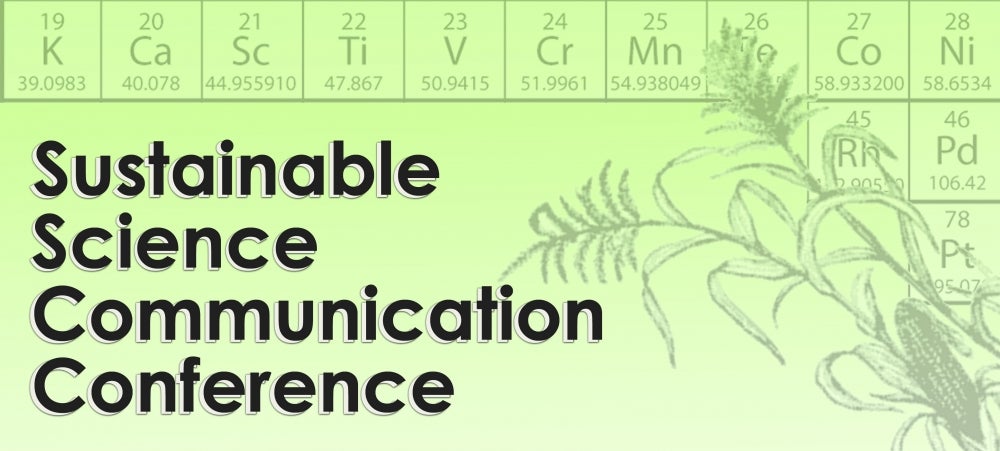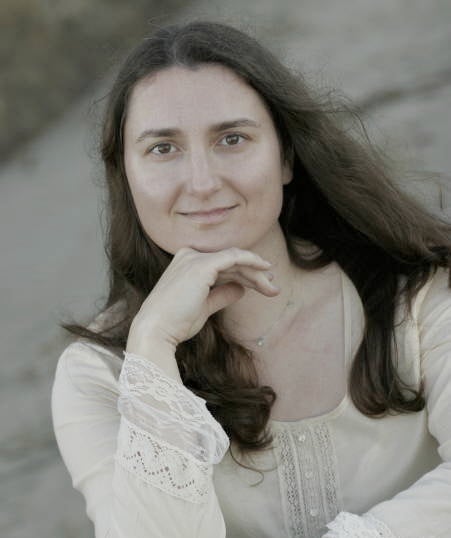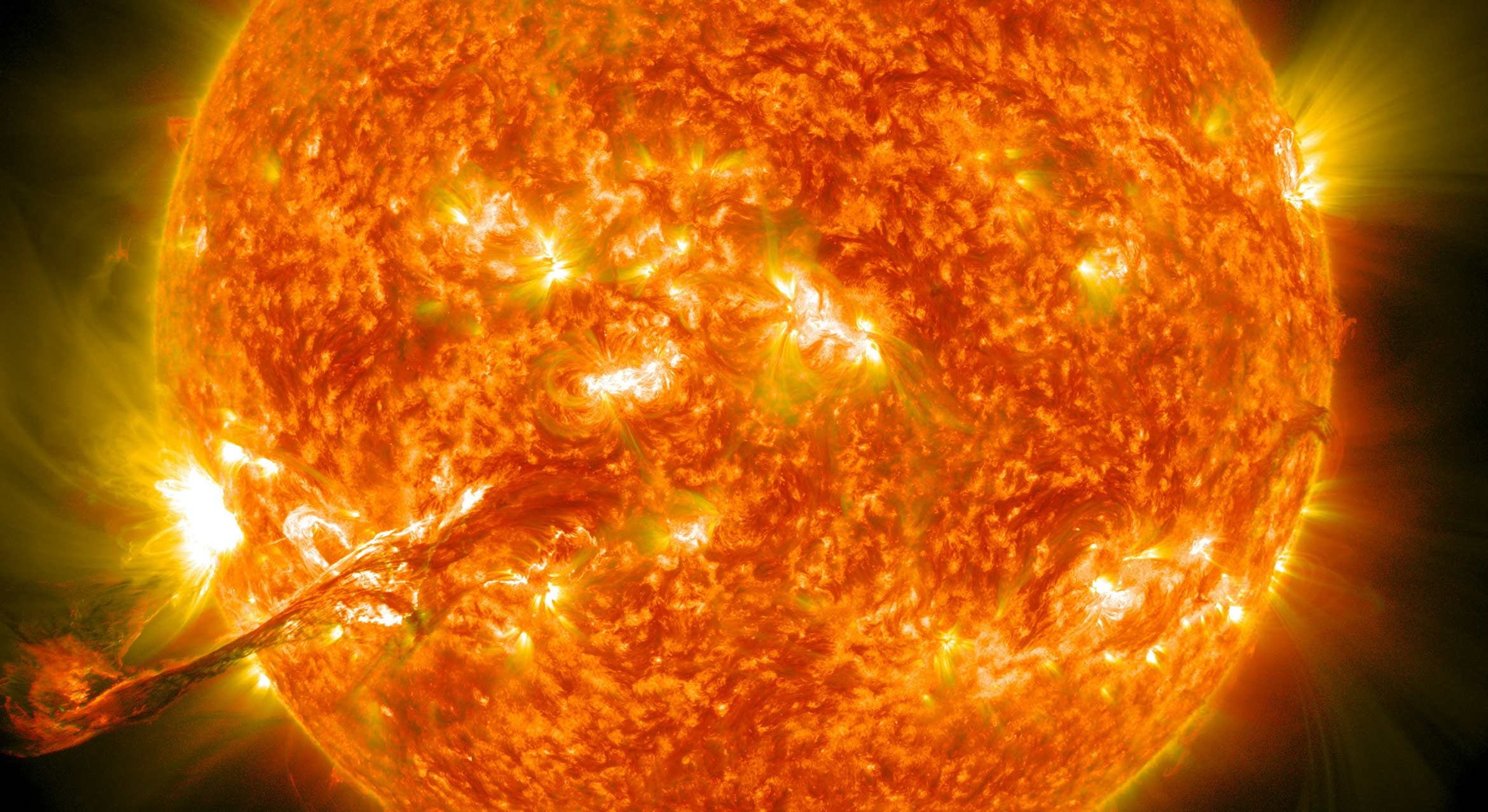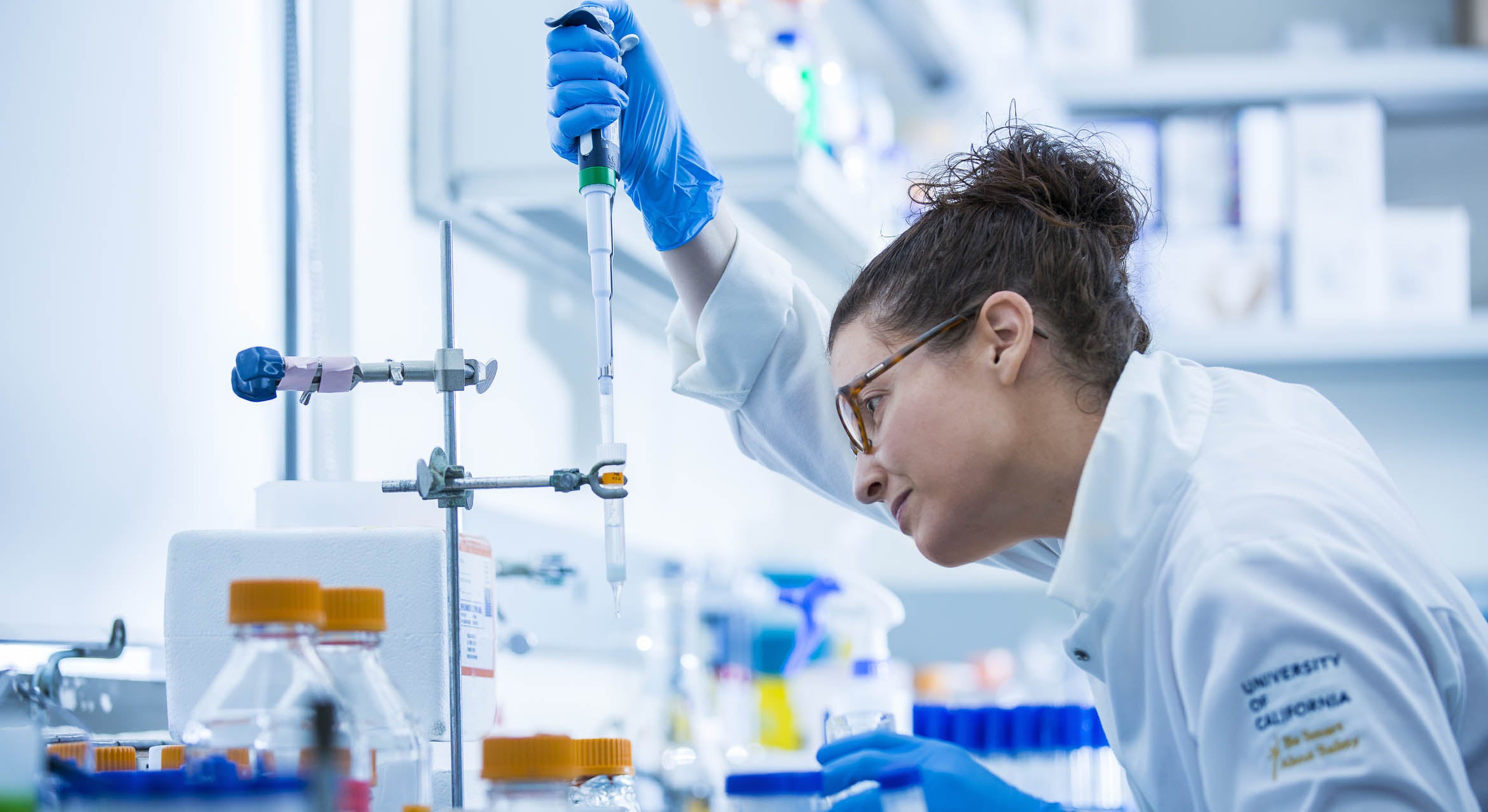
The Art and Science of Science Communication


According to experts, the transition to a sustainable society will require a kind of industrial revolution in which manufacturing, transportation and communication are conducted within a variety of constraints imposed by resource availability, supply risk and environmental ramifications.
At the same time, scientists, engineers and technology developers in particular — and academics in general — must communicate clearly to other scientists within and across their disciplines, the public, business leaders, government officials and policymakers.
“Sustainable Science Communication,” a two-day conference beginning Wednesday, May 13, at UC Santa Barbara will, as the title suggests, examine issues of both sustainable science and sustainable science communication.
“Effective communication about science content, choices and consequences requires the awareness, development, understanding and application of ongoing theory, research and evaluation,” said Ronald E. Rice, UCSB’s Arthur N. Rupe Professor in Social Effects of Mass Communication, co-director of the campus’s Carsey-Wolf Center and a co-convener of the conference.
“Rather than sound bites, personal preferences and technical reports, we need a sustainable, shared and constantly improving basis for deciding how best to communicate the complex and subtle issues of science that affect individuals, communities, institutions, society and the world,” Rice continued.
The conference opens with a screening of the film “Merchants of Doubt,” a documentary about pundits-for-hire who present themselves in the media as scientific authorities, yet have the contrary aim of spreading maximum confusion about well-studied public threats such as toxic chemicals, pharmaceuticals and climate change. The screening, which begins at 7 p.m. in UCSB’s Pollock Theater, will be followed by a panel discussion featuring Rice and Jennifer Ouellete, an author and a science blogger for Scientific American.
Among the speakers and participants on Thursday, May 14, are Erik M. Conway, co-author of the book “Merchants of Doubt”; Kenneth Weiss, a Pulitzer Prize-winning science, environment and public health reporter; Matthew Nisbet, of Northeastern University; Bruce Caron, founder and director of The New Media Studio and the New Media Research Institute in Santa Barbara; P. Sol Hart of the University of Michigan; Andrew Nelson of the University of Oregon; Lucy Atkinson of the University of Texas, Austin; and Martha Russell of Stanford University.
Other participants from UCSB include Richard Hutton, executive director of the Carsey-Wolf Center, Susan Derwin, director of the Interdisciplinary Humanities Center (IHC) and a professor of comparative literature; Carrie Kappel, an associate project scientist and associate with the campus’s National Center for Ecological Analysis and Synthesis; Scott Shell, associate professor of chemical engineering; Lisa Leombruni, a lecturer at the Bren School of Environmental Science & Management and research director for NOVA and WGBH Boston; and Sonia Fernandez, a science and engineering writer with the Office of Public Affairs & Communication.
The conference is organized as part of two UCSB initiatives: The biennial Arthur N. Rupe Conference; and the Mellichamp Academic Initiative in Sustainability. Susannah Scott, a professor of chemical engineering and of chemistry and biochemistry holds the Mellichamp Chair in Sustainable Catalytic Processing. She is also a co-convener of the conference. Co-sponsors of the event include the Carsey-Wolf Center’s Environmental Media Initiative and the IHC. The conference is also part of the center’s yearlong series, “The Anthropocene: Views From the Humanities.”
The conference is free and open to the public.



